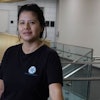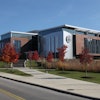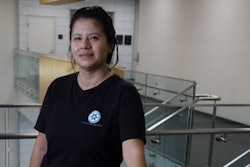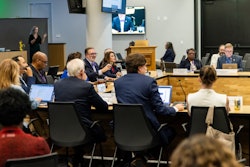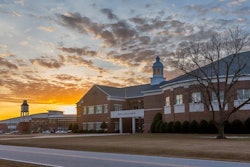Growing up in Southeast Los Angeles as the son of a U.S. citizen father educated in Mexico and a mother who was a Mexican immigrant, Eloy Ortiz Oakley says that he could not have imagined a journey that would take him to leading the largest higher education system in the U.S. However, Oakley says that it is the very struggles he overcame in his youth that inform his work as chancellor of the California Community Colleges system, which comprises 116 colleges serving more than 2.1 million students.
“Higher education was not just an afterthought, it was hardly a thought in my household or in my community, even though I had very supportive parents,” Oakley says. “But like most first-generation families, like most working-class families, success was going on and getting a good job that had benefits, that paid enough that you could raise a family and that was success.
“Now as I think back on it, I think what sort of informs me every single day that I come to work in this job is knowing that there are thousands of neighborhoods throughout the country and families throughout the country that still see higher education as something for somebody else, not for them.”
Oakley says that he is still the only person from his immediate family to finish college though three of his children have now completed college.
“Many of us who came out of poverty or communities of color, those experiences live with you and shape who you are. And I have always tried to hang on to those experiences because … certainly if you went back and talked to some of my friends from grammar school or high school and you told them I had become the chancellor of the California Community Colleges, they would laugh.”
Oakley says that he was lucky along his journey through higher education to encounter a few individuals who helped put him on the right path and helped him to “see a way forward that I didn’t see before.”
“And what motivates me is I want to do everything possible to eliminate the need for luck for our students,” Oakley says. “I am certainly no different than hundreds or thousands of young people that came out of the community that I came out of. I was lucky.”
